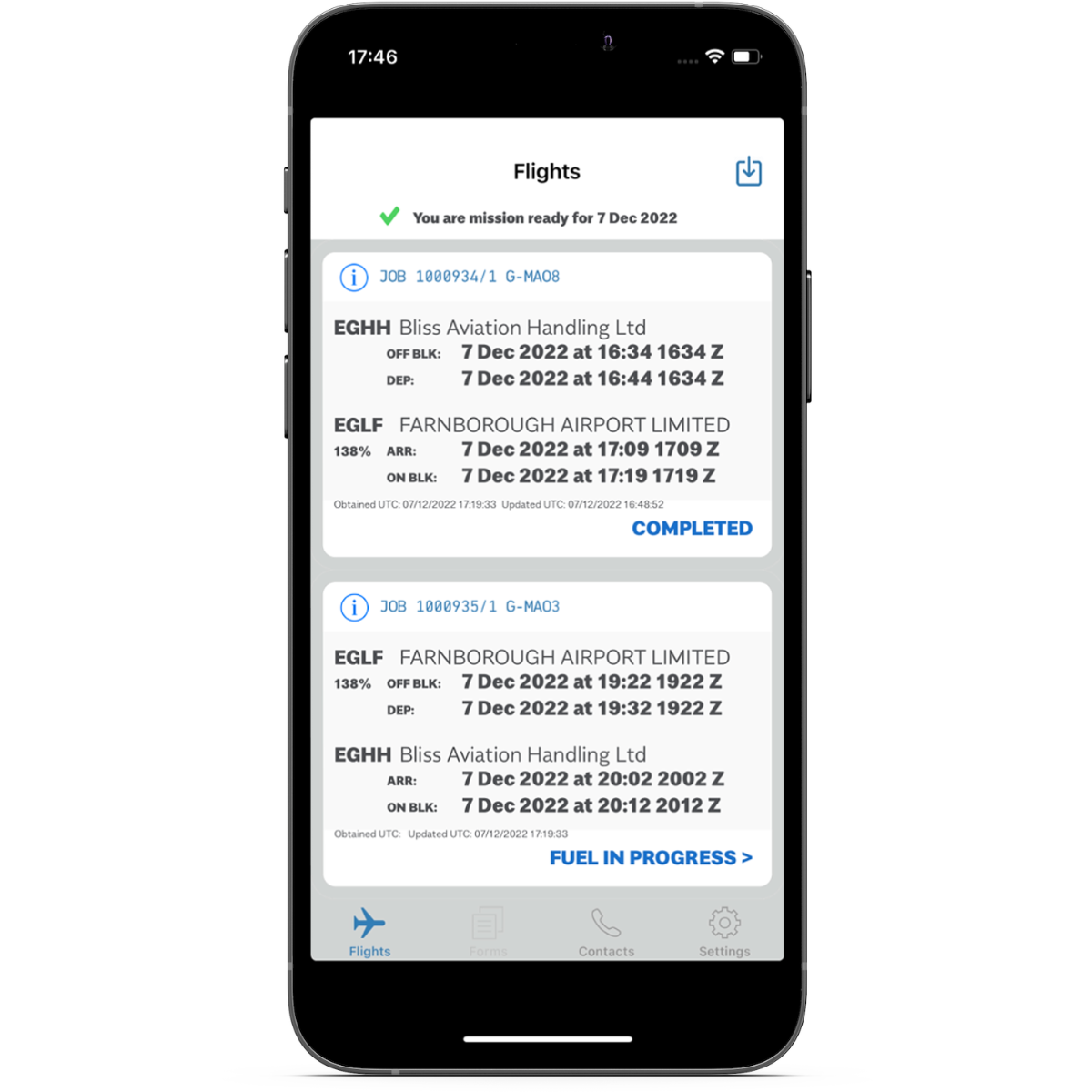In the fast-paced and ever-changing world we live in, technology has permeated every facet of our lives, including the aviation industry. The integration of aviation management software and AI is revolutionizing the way the industry functions. These advancements are reshaping the industry, enhancing visibility, reliability, and ushering in a new era of safety, efficiency, and sustainability. With the aviation industry embracing software-driven innovations, the skies are now safer, more efficient, and more sustainable than ever before. This document explores the transformative impact of aviation software and AI integration in redefining the industry’s operations and achievements.
Elevated safety precautions: Aviation management software has made a significant impact on improving safety measures. Safety is of utmost importance in aviation, and software solutions have played a crucial role in reducing risks. Advanced systems like weather monitoring tools and predictive maintenance software enable real-time data analysis, enhancing decision-making processes and minimizing potential hazards. These advancements provide comprehensive capabilities for flight scheduling and tracking, ensuring maximum safety.
Proactive maintenance system: Maintenance is vital for ensuring aircraft airworthiness and reliability. Aviation management software has revolutionized maintenance processes by streamlining the entire workflow. This includes scheduling and tracking inspections, managing inventory and work orders. By digitizing these processes, aviation software has significantly increased uptime, improved aircraft reliability, and reduced operational costs for airlines and maintenance providers.
Improved passenger experience: Enhanced maintenance protocols through aviation software result in increased uptime, leading to fewer delays. Technology that tracks flight crews, weather conditions, and training needs also minimizes scheduling mishaps, improving the overall passenger experience. Having a dedicated crew app is one way that operators and pilots are able to stay ahead of the curve and ensure that their flights are well staffed and ready to go.

Artificial intelligence and machine learning integration: The integration of artificial intelligence and machine learning in aviation management software brings new opportunities for innovation and efficiency. AI algorithms can analyze vast amounts of data from various sources, such as weather patterns, flight records, and maintenance logs, to identify patterns and predict potential issues. The power of this predictive capability is so strong, it enables proactive maintenance and operational planning, leading to cost reductions and improved safety. AI-powered systems also optimize air traffic management by processing radar information, flight plans, weather conditions, and historical data, resulting in reduced congestion, improved capacity utilization, and ultimately making the skies a safer place for everybody.
Sustainability advancements: The aviation industry is actively working to reduce its environmental impact, with aviation software playing a pivotal role. Software solutions optimize flight routes, fuel consumption, and aircraft maintenance, contributing to the reduction of carbon emissions. Additionally, tools that facilitate paperless operations and digital documentation systems help reduce waste and improve operational efficiency.
If you would like to discover for yourself how aviation software is revolutionizing the industry and helping many operators enhance their operational efficiency, schedule a chat with us today.





